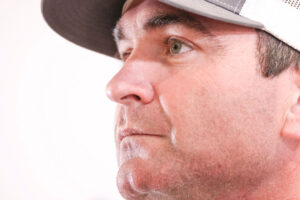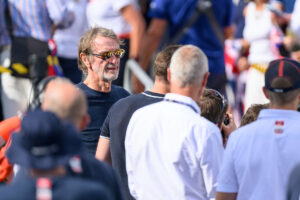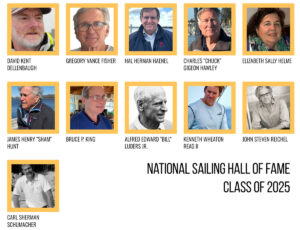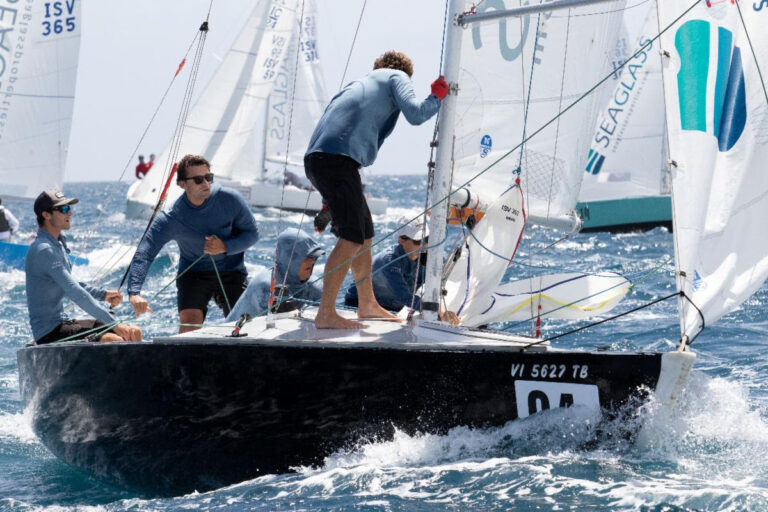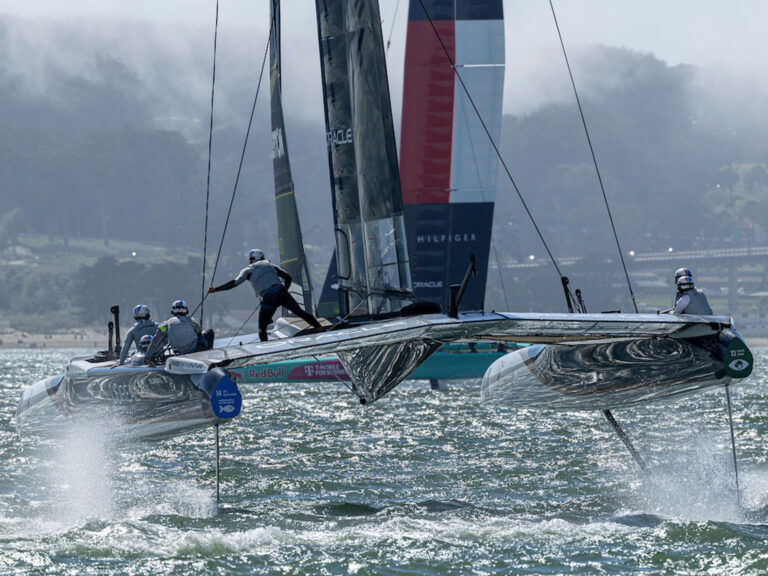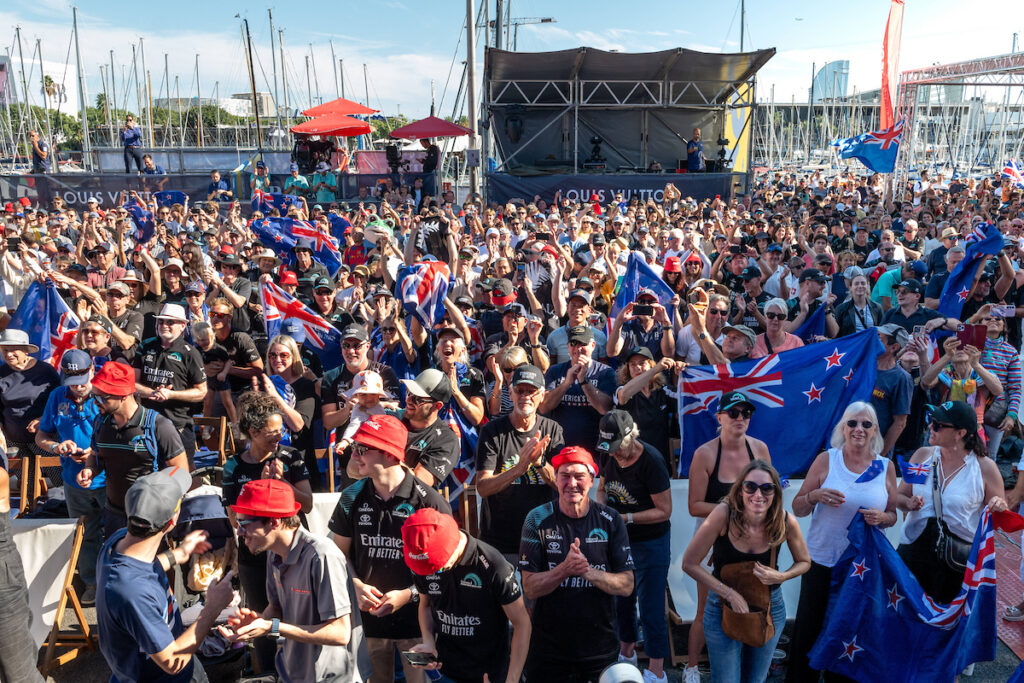
Along the beach fronts of Barcelona and the harborsides of Port Vell, remnants of the Louis Vuitton 37th America’s Cup villages linger in stark contrast from a week ago. The racing is long over. Team bases are packing, the Estrella Damm container bars shuttered, the staging deconstructed, banners struck. The crowds have dispersed and the Catalonians have their waterfront back.
By all accounts, the America’s Cup summer was a fruitful one for the city of nearly 6 million residents and the government that forked over a reported 70 million Euros to host sailing’s pinnacle regatta. They may get their projected $2 billion in revenue, but whether they get the Cup back for AC38 is a question that lingers among those who want to know. And that includes the teams themselves.
Emirates Team New Zealand boss Grant Dalton, cagey as usual with the Cup’s next steps as he and others plot how to make the event more commercially viable, has indicated that he wants a quick turnaround—2026—making quick use of the hard assets that the six remnant teams now possess: AC40s, AC75, hydrogen chase boats, simulators and gym equipment. Never mind keeping the respective talent on retainer.
Barcelona remains a potential host candidate, but those in government may be less willing to accept a similar host fee arrangement for the second dance. Valencia, down the coast, is another strong contender having hosted twice in the past and reported to be eager, and the Middle East—perhaps Jeddah in Saudi Arabia, which hosted a preliminary regatta—is willing to pony up for the taking.
“The Louis Vuitton 37th America’s Cup has confirmed the America’s Cup as one of the unique properties in international sport, so it is our objective to build on the success of AC37 and continue the growth we have been seeing since we first won the America’s Cup in 2017,” Dalton said in a team statement issued several days after the team defended the Cup for a third time. “We are looking to increase audience and engagement across different regions, territories and demographics.”
Dalton is also expecting, or hoping for, additional teams in the next cycle, which would be difficult in the port space currently available in Barcelona. “We now have a number of valuable properties that we wish to continue building,” he said, referring to the well-received but flawed Youth and Women’s America’s Cup events. “We are keeping an open mind on how best to achieve this with a venue, or different venues, that can supercharge the 38th America’s Cup with increased global footprint, more teams and increased overall expansion opportunities.”
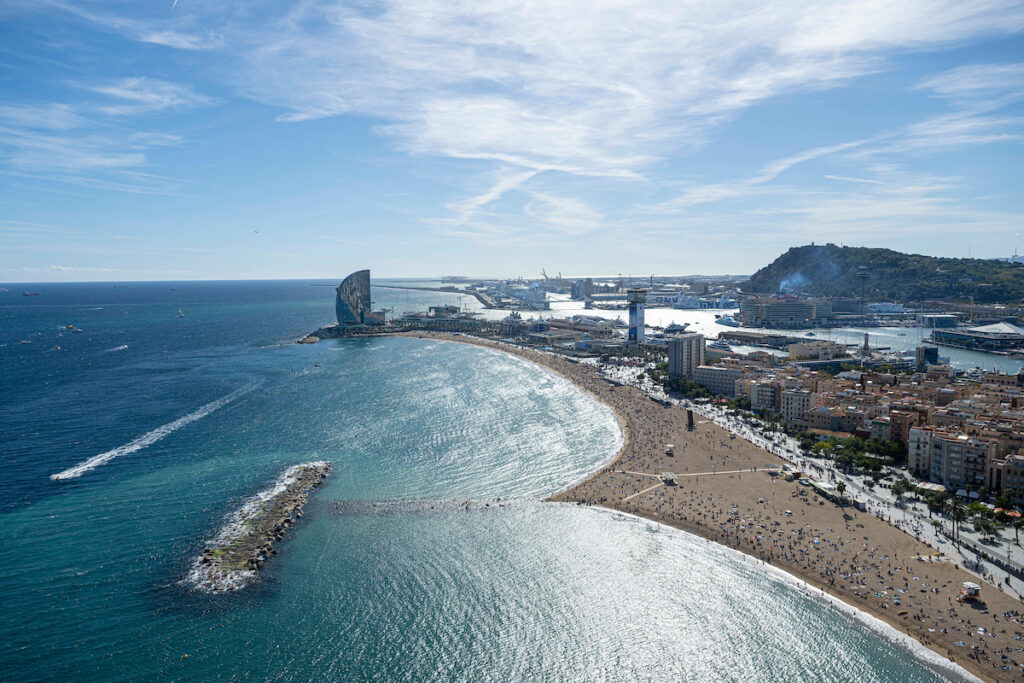
The statement issued by Emirates Team New Zealand reports that the regatta attracted 2.5 million attendees between late August to mid-October (a 59-day count). “These numbers are well aligned with those that were projected and estimated before the event and from initial indications we know we are well on track to reaching our growth targets of a 50-percent increase on total broadcast and media audience from the 36th America’s Cup,” Dalton said.
Talks between the Defender and its Challenger of Record, The Royal New Zealand Yacht Squadron Ltd., will bear the next venue and details soon enough, and while the two played nice in the lead up and through Barcelona, several inside sources say it will be different this time around with British team principals looking for more say in how it all plays out.

